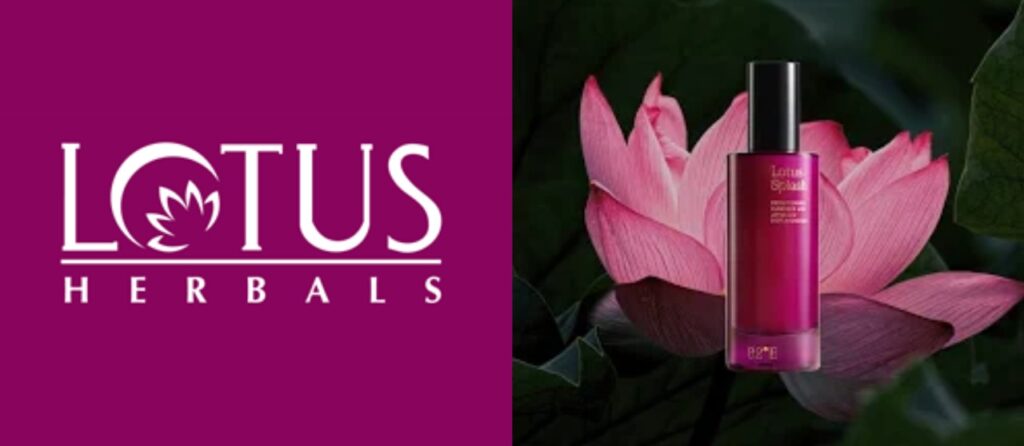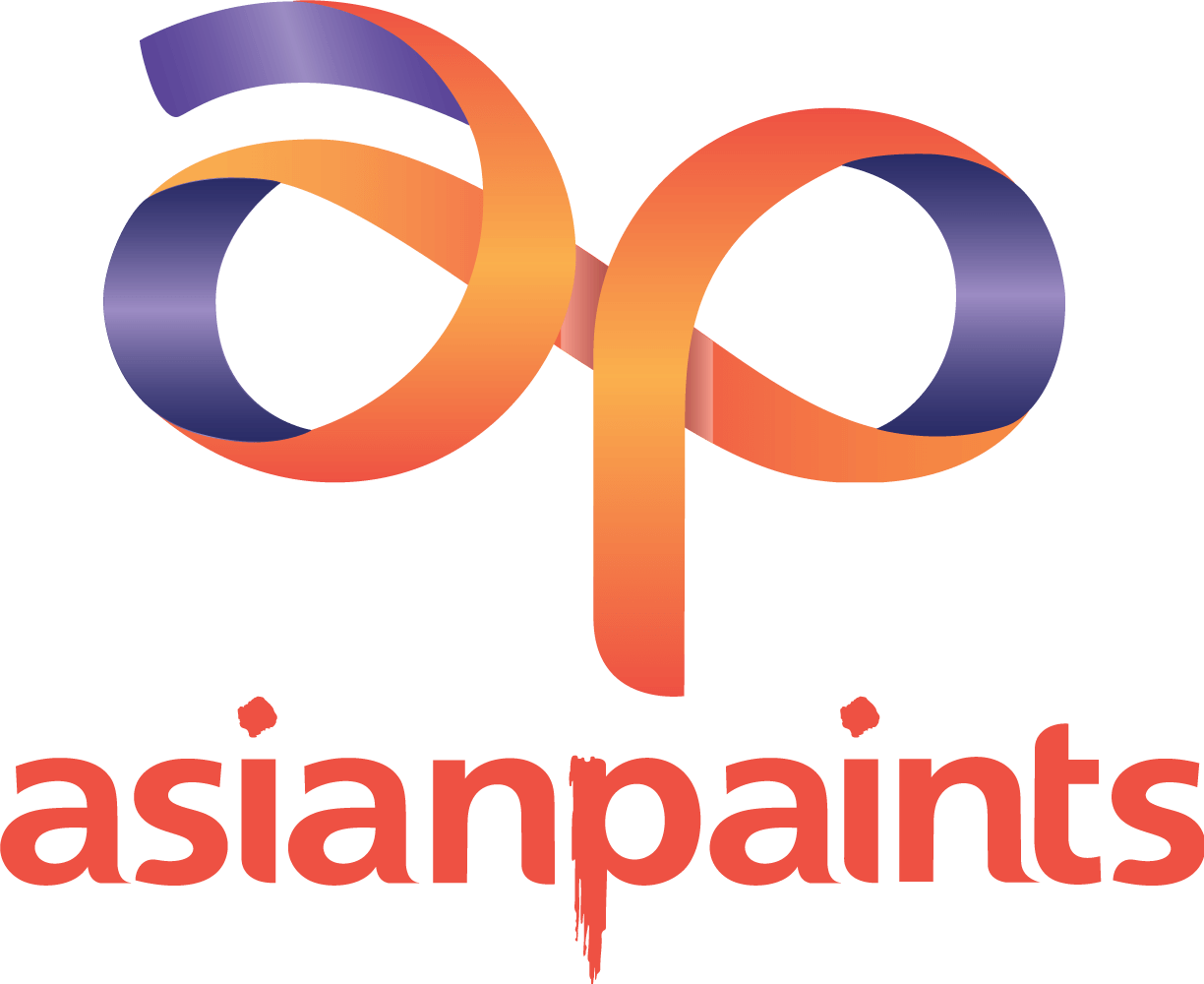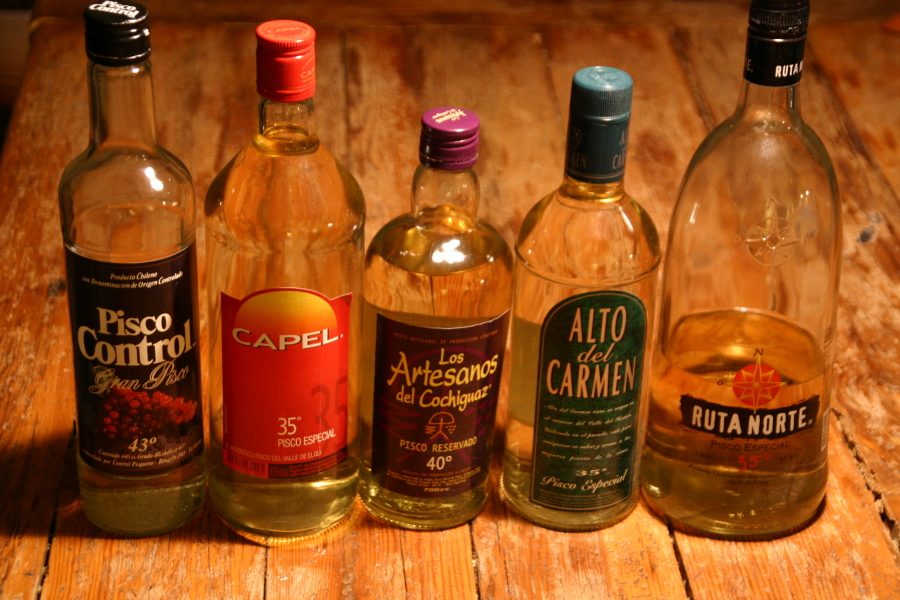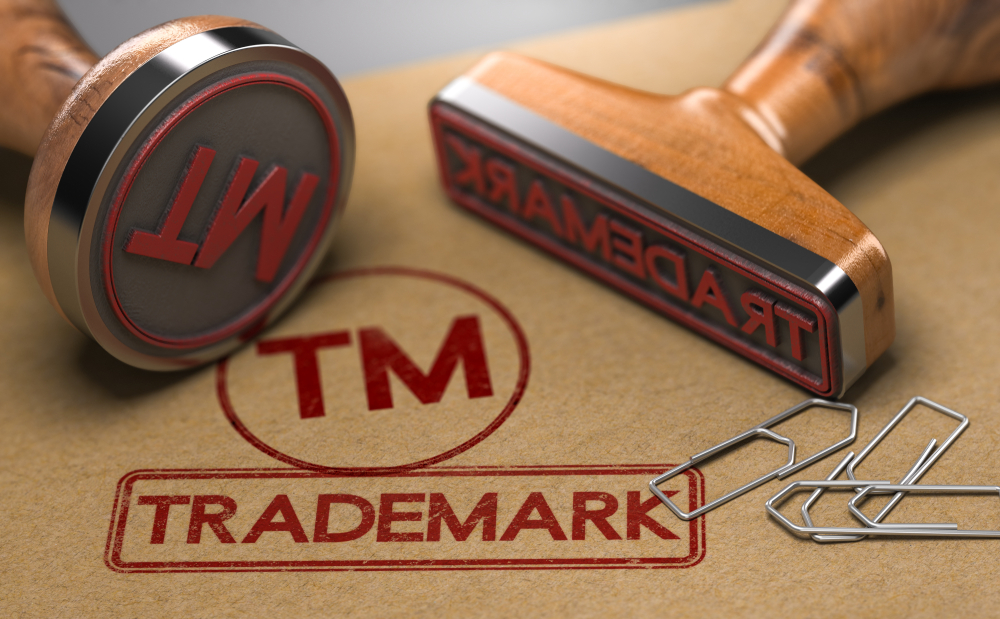LOTUS HERBALS PRIVATE LIMITED
VS
DPKA UNIVERSAL CONSUMER VENTURES PRIVATE LIMITED & ORS
On January 25, 2024, the Hon’ble Delhi High Court rejected the request of ‘Lotus Herbals’ to stop Indian film actor Deepika Padukone’s company from using the name ‘Lotus Splash’ for its face cleanser.
SUMMARY OF FACTS:
The plaintiff, ‘Lotus Herbals’, is an Indian beauty and wellness company that specialises in skincare, hair care, and cosmetic products. The company was founded in 1993 and has since grown to become a well-known brand in the Indian beauty and personal care industry. It has over 1000 skin and beauty products and is the registered owner of several Lotus formative trademarks. Their approximate sales during 2021-2022 and 2022-2023 were Rs. 529 crores and Rs. 695 crores, respectively. They have also spent a large amount of money on promotion via advertisements and sponsorship of various prestigious events, like IPL Cricket.
The defendant, DPKA UNIVERSAL CONSUMER VENTURES PRIVATE LIMITED, owns a brand called “82°E,” which is a self-care brand started by Deepika Padukone. They manufacture a range of skincare and body care products, including the face cleanser brand ‘Lotus Splash’.
‘Lotus Herbals’ filed a trademark infringement case under Section 29 of the Trademarks Act, 1999 (the Act) against DPKA Universal Consumer Ventures Private Limited to stop the latter from using ‘Lotus Splash’ for their face wash.
In February 2023, the plaintiff sent a notice to the defendant instructing them to stop using ‘Lotus Splash’ because it misrepresented the defendant’s goods as being associated with the plaintiff’s registered ‘LOTUS’ formative marks. However, the defendant ignored the notice and kept using the mark, which led to the filing of this case by the plaintiff.
ARGUMENTS
The plaintiff contended that there could arise a misunderstanding and confusion in the minds of the public regarding “LOTUS ‘Lotus Splash’ and ‘Lotus Herbals’. It was submitted that the defendant applied for registration for all their products except the ‘Lotus Splash’ face cleanser. They argued that the defendant’s mark was not used in a descriptive sense but rather in a suggestive sense. They cited the case Zydus Wellness Products Ltd v. Cipla Health Ltd (CS (COMM) 115/2023), which stated that in order to get an exception under Section 30(2)(a) of the Trademarks Act 1999, the mark compulsorily has to be descriptive. According to Section 30(2)(a) of the Act, a registered trademark cannot be infringed where the use in relation to goods or services indicates the kind, quality, quantity, intended purpose, value, geographical origin, time of production of goods or rendering of services, or other characteristics of goods or services. According to Section 9(1)(b) of the Act, descriptive marks cannot be registered until and unless they acquire distinctiveness or are a well-known mark. Based on these sections, the plaintiff argued that the mark ‘Lotus Splash’ is suggestive and that it can in no way be called descriptive. They contended that the words mentioned in Section 30(2)(a) and in Section 9(1)(b) are the same and that if the defendants’ submissions get accepted, then they would be able to register ‘Lotus Splash’ as a trademark by claiming that it has acquired reputation and a secondary meaning over time. They also cited the “competitor’s need” and “degree of imagination” tests, derived from McCarthy on Trademarks and Unfair Competition, in which there are two tests to determine whether a mark is descriptive or suggestive:
(a) the degree of imagination required to connect the mark with the product; and
(b) the competitor’s need to use the mark
The defendant contended that ‘Lotus’ is the main and key element in ‘Lotus Splash’ face cleanser, making it descriptive and granting the defendants the benefit of Section 30(2)(a). They also drew attention to what is mentioned on the bottle as “Lotus Splash-Conditioning Cleanser with Lotus and Bioflavonoids,” thus making the mark more descriptive rather than suggestive. They submitted that the defendants are entitled to get the benefit under Section 35, which deals with exemptions for the use of a name, address, or description of goods or services. The defendant relied on the case Cadila HealthCare Ltd. v. Gujarat Co-operative Milk Marketing Federation Ltd. and stated that there is an absolute right to use a descriptive expression on a product, and there can be no injunction against such use.
JUDGEMENT:
In the instant case, the court first dealt with the infringement of the mark under Section 29 of the Act. The court observed that the allegedly infringing mark is not ‘Lotus’ but ‘Lotus Splash’, and the plaintiff does not hold any registration for the mark ‘Lotus Splash’. The court also stated that the three ingredients of similarity of marks, similarity or identity of the goods in respect of which the rival marks are used, and the likelihood of confusion or association in the minds of the public as a result of the existence of these two factors are prima facie satisfied in the present case. It was held that, because the plaintiff’s marks are registered, a prima facie case for infringement exists within the meaning of Section 29 of the Trademarks Act, 1999.
However, the court further observed that Section 30(2) is an exception. The ingredients under Section 30(2) are satisfied from the defendant’s side, and thus this section will have an overriding effect on Section 29. The court held that the defendant’s mark is infringing the plaintiff’s mark but is an exception under Section 30(2) of the Act, and thus it would not constitute infringement. The Court found that a defendant cannot be restrained, in pleading its Section 30(2)(a) defense, by the “competitor’s need” or “degree of imagination” tests, however helpful they may be. It is always open to a defendant to contend that the impugned mark is “indicative” of one or more of the features envisaged in Section 30(2)(a) and is not, therefore, infringing in nature, and such a defense, if raised, has to be adjudicated by examining the mark vis-à-vis the goods or services in respect of which it is used by the defendant. The court observed that there is no doubt that lotus is one of the main ingredients in the defendants’ product. From the defendants’ arguments, it became evident to the court that they intentionally advertised the product ‘Lotus Splash’ as containing lotus flower extract as a main ingredient. The dominating use of Lotus in the ‘Lotus Splash’ mark suggests that lotus flower extract is a main constituent of the product, allowing the defendants to benefit from Section 30(2)(a) of the Act. Thus, the court observed that the ‘Lotus Splash’ mark cannot be held to be merely suggestive. The court also observed that the products are completely dissimilar in appearance, with a wide difference in the prices of the products.
The Hon’ble Delhi High Court held that no prima facie case for grant of injunction was made out and that if there is no infringement, there can be no injunction.
CONCLUSION
This case highlights the importance of having a unique and distinctive trademark that can be easily distinguished from other brands. The court’s decision has set a precedent for businesses that use descriptive trademarks, providing them with a clear understanding of the legal implications of such marks. The concept of descriptive marks has been discussed in this case extensively. It refers to marks that describe the nature, quality, or features of the goods or services for which they are used. Such marks are typically not registerable until they have acquired a secondary meaning. A secondary meaning occurs when a mark becomes distinctive in the minds of the public as a result of its extended and continuous use. The Court discusses an exception under Section 30(2)(a), which states that if a person uses a mark to describe the characteristics of their goods or services, it does not constitute trademark infringement under Section 29 of the Trademarks Act, 1999. In the instant case, the court determined that the name ‘Lotus Splash’ is descriptive of the features of the face wash for which it is used and was given the exception under Section 30(2)(a), and hence held that the use of the mark cannot be considered infringing in nature. In conclusion, the verdict of the Delhi High Court has been a major win for Deepika Padukone’s brand, ‘Lotus Splash’. Trademarks will continue to play a crucial role in protecting brand identity in the future, but businesses must be vigilant when adopting unique trademarks for long-term benefits.
Written by Aathmaja Menon, Legal Intern, Suns Legal & verified by Sunil Jose.





